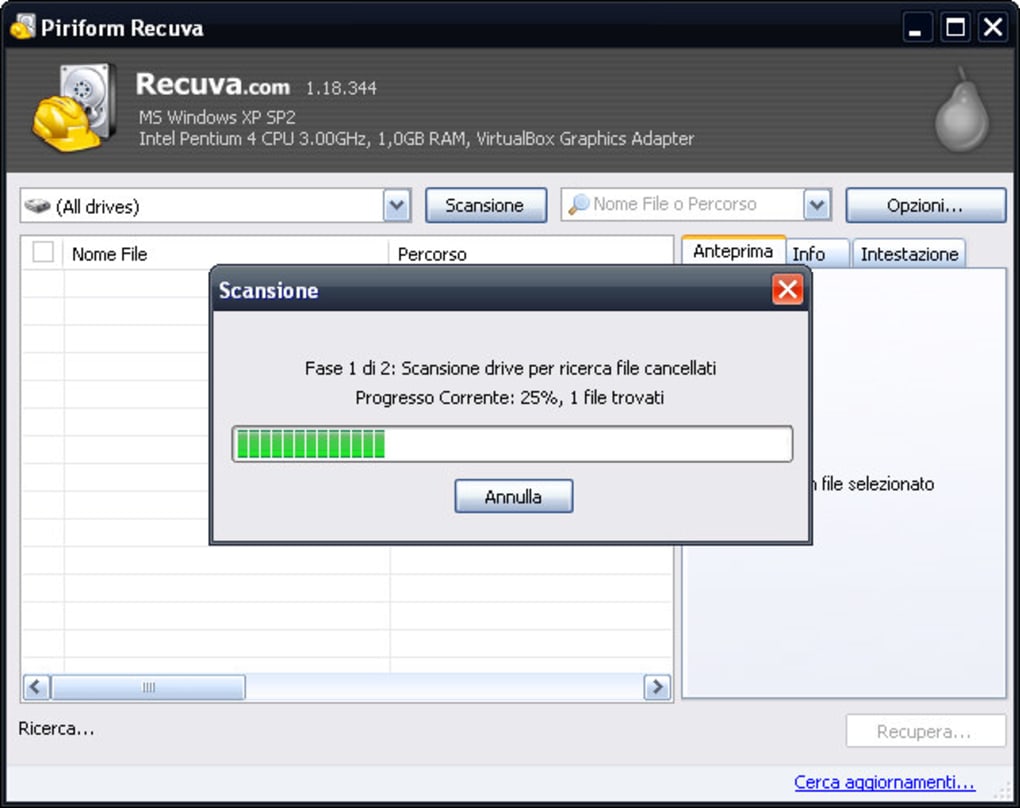
This malicious software operates practically the same throughout, i.e., encrypts data and demands payment for the decryption. Qazx, IceFire, Qarj, Qapo, PayMe100USD, and Coba are merely some examples of our newest finds within the ransomware category. It is essential to keep backups in multiple different locations (e.g., remote servers, unplugged storage devices, etc.) – in order to ensure data safety. The sole solution is recovering it from a backup, if one was created prior and is stored elsewhere.

However, removal will not restore already compromised data. To prevent Like (Dharma) ransomware from encrypting more files – it must be eliminated from the operating system. Therefore, we advise against paying and thus unintentionally supporting this illegal activity. The sole exceptions involve ransomware that is deeply flawed or still in development.įurthermore, despite meeting the ransom demands – victims often do not receive the promised decryption tools. We have analyzed and researched thousands of ransomware infections, and this experience allows us to infer that decryption is usually impossible without the cyber criminals' interference. The note warns that renaming the encrypted files or using third-party decryption tools – may result in permanent data loss. Allegedly, the size of the sum will depend on how quickly the victim establishes contact with the attackers.īefore meeting the ransom demands, the victim can test decryption (within certain specifications) free of charge. It clarifies that the files were encrypted and that their decryption will necessitate paying a ransom in Bitcoin cryptocurrency. The message in the pop-up provides more information about the ransomware attack. The text file merely states that the victims' data has been locked and urges them to write to the listed email.

Screenshot of files encrypted by Like (Dharma) ransomware: For example, a file originally named " 1.jpg" appeared as " ransom-demanding messages were created/displayed in a pop-up window and a text file titled " FILES ENCRYPTED.txt".

The titles of affected files were appended with a unique ID assigned to the victim, the cyber criminals' email address, and a ". Once we executed a sample of Like (Dharma) ransomware on our test machine, it encrypted files and changed their filenames. While investigating new submissions to VirusTotal, our research team discovered a ransomware named Like that belongs to the Dharma family.


 0 kommentar(er)
0 kommentar(er)
